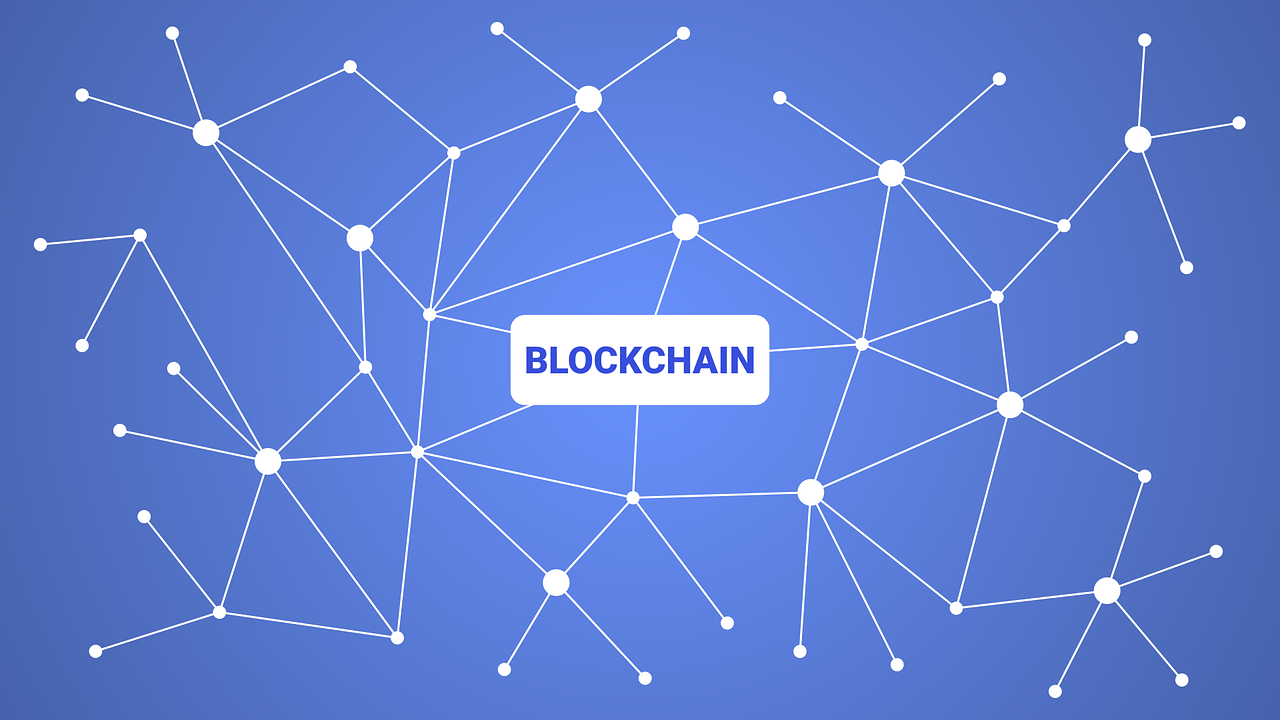Blockchain Technology and Libraries
 “Libraries demonstrate their value as community anchors by responding to issues and identifying trends that impact the community.” [1] It is clear from the expanding literature that blockchain technology is a trend on the brink of revolutionizing the public and private sectors. There have been conferences, books, white papers, start-ups, and numerous back-channel discussions on ways blockchain technology can address seemingly endless processes, but librarians have not been evidenced in these mainstream discussions. However, the use of blockchain technology in libraries seems to be on the radar of many information professionals.
“Libraries demonstrate their value as community anchors by responding to issues and identifying trends that impact the community.” [1] It is clear from the expanding literature that blockchain technology is a trend on the brink of revolutionizing the public and private sectors. There have been conferences, books, white papers, start-ups, and numerous back-channel discussions on ways blockchain technology can address seemingly endless processes, but librarians have not been evidenced in these mainstream discussions. However, the use of blockchain technology in libraries seems to be on the radar of many information professionals.
It is time to examine the possible ways that libraries can support city/community goals through the use of blockchains while the implementation of the technology is still in the infancy stage.
Project Goals
The goal of this IMLS-funded project is to gain a better understanding of blockchain technology and imagine its potential for small and large, urban and rural libraries and their communities. Technology experts representing libraries, blockchain development, and urban planning and information professionals will respond to the question of how libraries might be able to utilize blockchain technology to support city/community goals.
Description of Blog/Website, Library 2.0 Conference, and National Forum
The project has provided three opportunities for a national dialog among technical experts in libraries, blockchain technology, and urban planning and members of the information professions to discuss ways that blockchain technology can advance library services to support city/community goals.
- Host a project website and blog that will include information and resources about blockchain technology, potential uses of blockchain technology by libraries, and project updates along with a blog to foster open dialog.
- Blockchain National Forum brought together 20-30 technical experts on August 6, 2018 to discuss ways that blockchain technology can enhance library services. These individuals were selected from among library leaders (e.g. LITA, PLA, ULC), blockchain innovators (e.g., Institute for the Future, MIT Media Lab, and Harvard Berkman Klein Center), and urban planners (e.g., American Planning Association–Technology Division) to explore the ways that blockchain technology can be used by libraries. The discussion will focus on the identification and discussion of key opportunities for large or small, urban or rural libraries to serve as community anchors using blockchain technology.
- Host a Library 2.018 conference that focused on Blockchain Technology as a Community Anchor. Registration in this collaborative open online conference was free to the profession and public. The June Library 2.018 conference, Blockchain Applied: Impact on the Information Profession, included sessions that reviewed the blockchain recommendations made at the national forum and provideed opportunities for input from conference participants.
The discussions held in the blog, national forum, and the Library 2.018 conference will focus on the ways and extent to which blockchain technology is appropriate in a library setting.
Based on an analysis of the commentary from the three discussion venues and the survey data, recommendations will be made about the ways in which libraries can use blockchain technology to support city/community goals. Possible recommendations may include the development of pilot projects or prototypes using blockchain technology to advance library services to support city/community goals. There may, however, be a recommendation that blockchain technology is not suited for widespread library use. This project will provide the means to have key experts and members of the profession engage in a meaningful and targeted dialog about the feasibility of moving ahead with blockchain technology. A final report and the project findings will be available on the Project Website and disseminated at professional conference presentations beginning in summer 2018.
[1] Rosa, Kathy, Ed. “The State of America’s Libraries 2015.” A Report from the American Library Association.
This project is made possible by a grant from the U.S. Institute of Museum and Library Services – LG-98-17-0209-17
